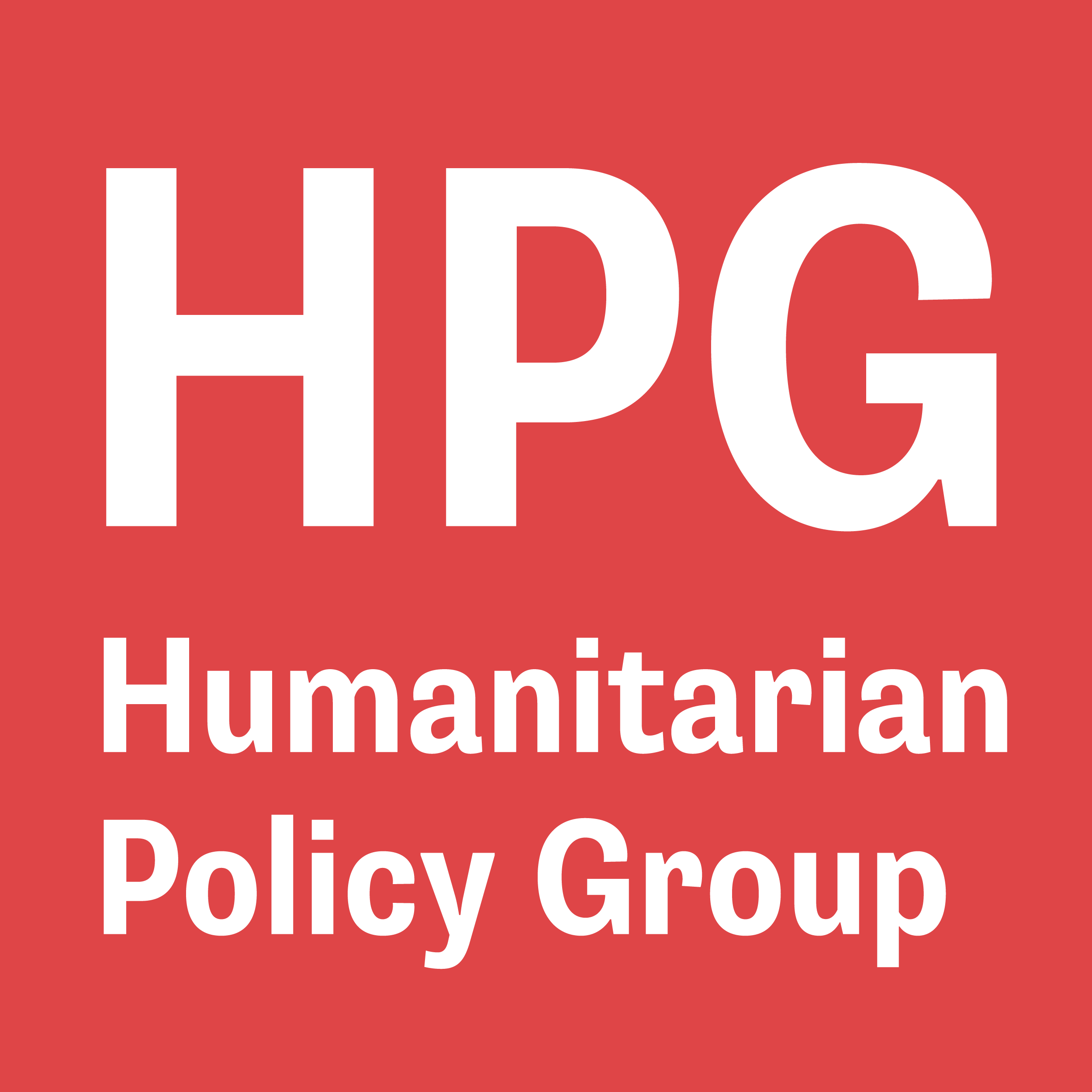The failure to fund refugee-led organisations: why the current system is not working, and the potential for change



Refugee-led organisations (RLOs) are a crucial cog in the refugee-response machine, providing essential services to their communities, as well as being more likely to lead responses that are accountable, legitimate, transparent, effective and impactful.
This five-year research project aims to provide rigorous and independent snapshots of funding over time and an evidence-based advocacy tool to improve the quantity and quality of funding that is directed to RLOs. The project focuses on the following research questions:
- What is the rationale for donors funding RLOs?
- How much funding are donors allocating to RLOs?
- What is the quality of the funding to RLOs?
- What needs to happen to improve the quantity and quality of funding to RLOs?
The research shows that:
- RLOs are chronically underfunded: the available data shows that just $26.4 million of humanitarian and development funding reached RLOs in 2022. Average grant sizes to RLOs are 10 times smaller than those reported to local/national non-governmental organisations (NGOs).
- Most funding to RLOs passes through at least one intermediary. Intermediaries that empower and support RLOs to access international funding and amplify their advocacy have a long-term role in increasing funding to RLOs. But a better balance is needed, and well-established RLOs with the systems and capacity in place should be prioritised for direct funding.
- Very few of the main humanitarian agencies and donors track or transparently report the funding they provide to RLOs. The available data shows that support for RLOs is instead being driven by private philanthropies.
- The assumption that RLOs are ‘too risky’ to fund is not supported by the evidence, and has contributed to strict compliance and due diligence requirements that exclude many RLOs from accessing any funding at all. A more proportionate and pragmatic approach is needed – whereby funders only ask RLOs for what is needed.
- RLO experiences of receiving international funding arrangements remain performative and tokenistic. The international community must urgently start recognising RLOs as distinct and important actors within the localisation agenda and increase quality funding to RLOs. While RLOs can advocate to change the system for the better, it is ultimately those at the top of the system that need to transform it from the inside.
>>> Click here to read the report
>>> Click here to read the five key findings from the research
>>> Click here to read the methodology
This report was originally published by the Humanitarian Policy Group at ODI, in partnership with Development Initiatives (DI). To ask further questions or find out more about their work in this area, email c.sturridge@odi.org.uk, or visit their website here: Humanitarian Policy Group at ODI | ODI: Think change
